10 things you need to know before buying an electric mountain bike
E–MTBs get you further, or fit in more fun runs however fit you are (or aren’t), but which design trends are dead ends and which features fail? Guy Kesteven gets revved up about his biggest e–MTB frustrations
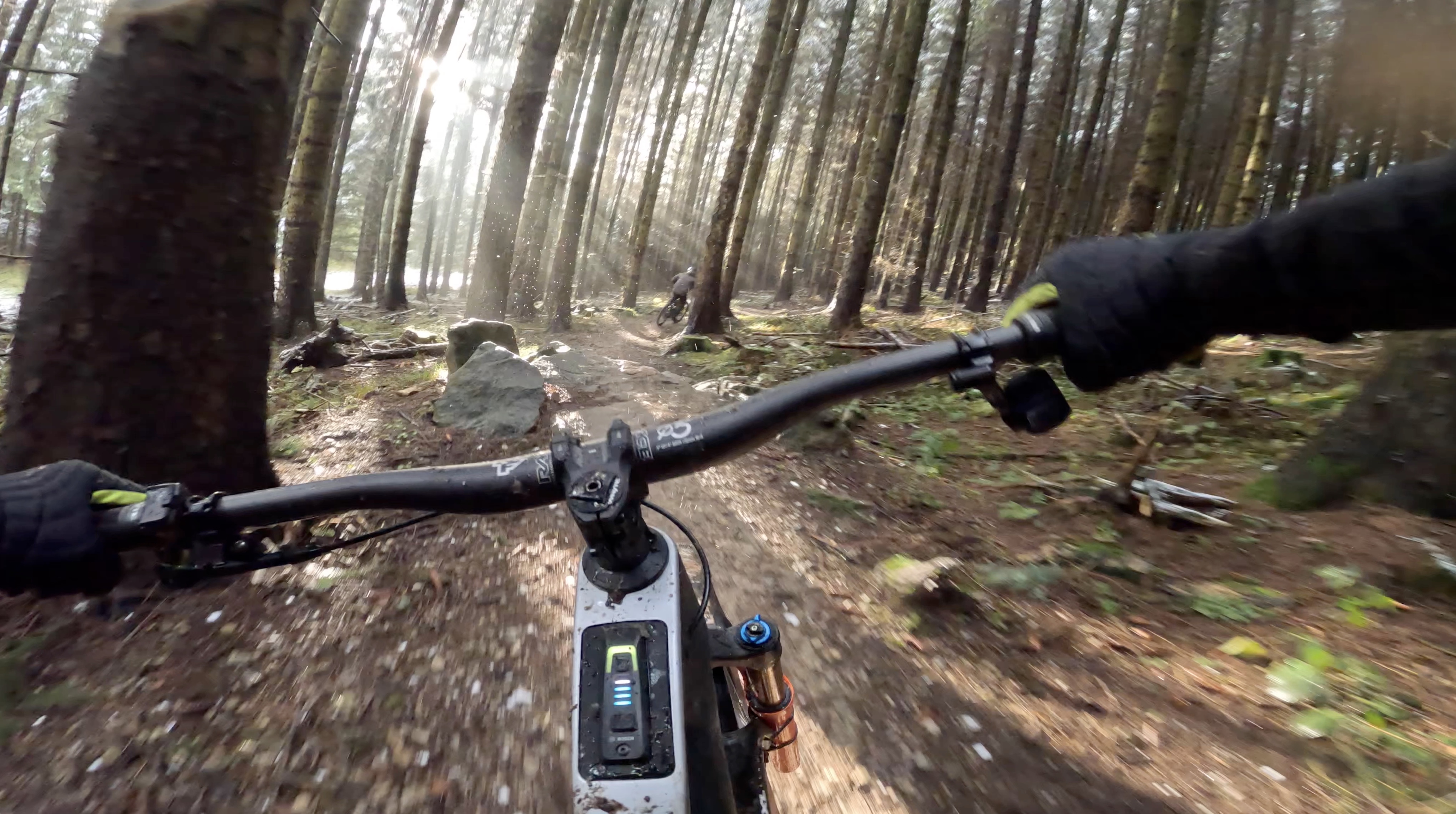
Given the amount of electric mountain bike coverage we do, regular Bike Perfect readers may be surprised at this e-MTB tirade from Guy. Also, sorry e-bike haters, you won't find a mention of 'cheating', or 'it's not really mountain biking though is it' in this list. However, while there are lots of things we really love about e-MTBing, there are many aspects of the bikes and associated tech that could be done so much better – which is the crux of this list from our tech editor. Anyway, that's enough pre-amble, here's Guy's 10 things you need to know before buying an electric mountain bike.
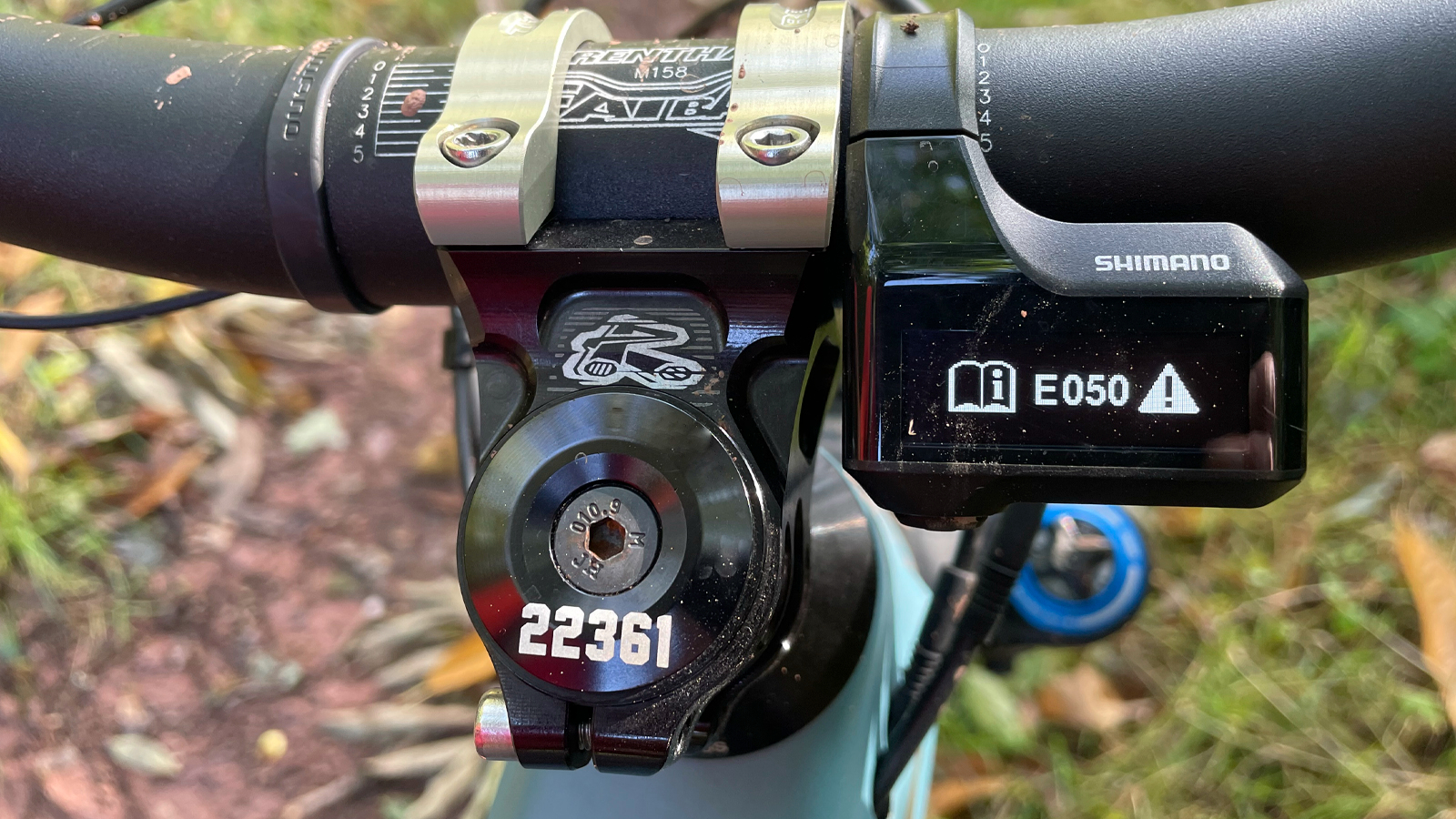
1. Reliability
I haven’t got any official stats, because weirdly it seems like the e-MTB industry doesn't want to publicize it’s biggest issue. However, whenever I suggest that e–MTBs basically have a 100 percent return rate, I haven’t had a single person from any brand or bike shop disagree with me. Obviously, if you stretch the timeline long enough then everything will fail. But when it comes to e-MTB, having serious issues after a few months is often good going, and a failure within weeks or even minutes of starting the first ride is not uncommon. That can range from a system error that resets itself after a short heart-in-mouth wait, or a connection problem solved back at the car with a squirt of WD-40, but it’s often a terminal ‘back to the dealer’ issue. That's a big enough issue if you bought it from a local dealer, but if it was an online shop hundreds of miles away or an overseas direct sell supplier, then it's significantly worse.
How issues are resolved can vary as wildly as those issues themselves. Specialized deserve big credit for turning round most Levo and Kenevo problems faster than a Formula One pit crew and Bosch have a good reputation too. Shimano don’t come out well on forums or chatting to mates though, and Yamaha and Fazua have a ‘mixed’ rep as well, so bear that in mind when choosing what motor to go with.
2. Multiple motor standards
It’s bad enough that every different e–MTB motor brand has it’s own way of fitting their motor into a bike. When different motors from the same brand don’t use the same fixtures though, that makes me furious. I get that the latest generation of new lightweight motors don’t need as much space as ‘full fat’ engines, but if you change fit with each evolution, then you immediately make previous models obsolete even if the rest of the bike has plenty of life left in it. It also stops other motor manufacturers from being able to compete fairly with aftermarket options.

3. Bike specific batteries
It’s the same story with batteries. I get that frame designers are all trying to create their own identity. Some – like Whyte – have done very clever things with weight distribution by co–designing their battery mount with Bosch. Others like Canyon have created their own power-dense batteries, so their full fat e–MTBs are as light as some ‘SL’ bikes. But every time you use a different cell design, you’re making it more expensive and awkward for users to get a battery. Whether that’s for replacement in the event of a failure, for hiring abroad, or the chance for other battery makers to compete in the aftermarket space. I’m not just talking about mainframe batteries either here either, I’m talking about auxiliary booster batteries and all the different chargers and connectors needed for every design.
A leaked document I’ve seen from the European Power Tool Association (my media feeds are thrilling) shows that all power tool batteries will soon have to be cross-compatible, so hopefully that’ll happen with e–MTB batteries in the not-so-distant future too.
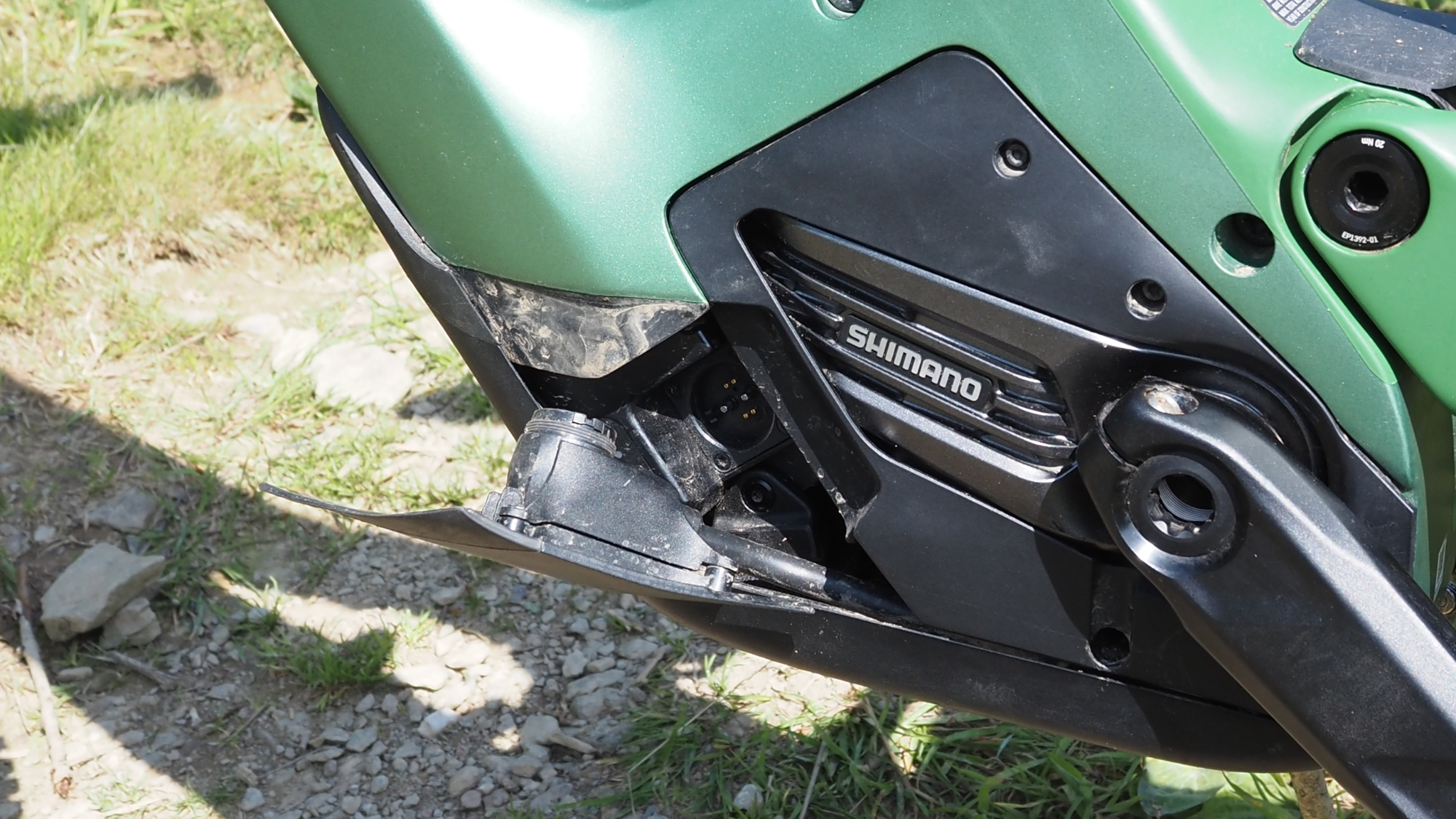
4. Weak weatherproofing
One of the great things – from a rider point of view, but not necessarily a trail damage one – about e–MTBs is that they let you ride in stickier, wetter conditions that might be no go on a meat powered bike. So why are so many e–MTBs and their various components so badly designed from a waterproofing standpoint? An IP (Ingress Protection) rating of “occasional splashes of water” is just insane on an 11k e-bike designed for life in the outdoors, but IP54 means exactly that and is the protection rating for Fazua's Ride 60 motor. While most other motors have better protection, connections to batteries and head units (remember the first generation Bosch?) are often very ropey in the rain, or if you wash your bike with anything more than baby wipes. Physical seals on motor or battery casings are often useless or outflanked by big gaps left for cooling, letting mud, filth and even flammable stuff like straw and dry grass gets packed right in against hot electrics.
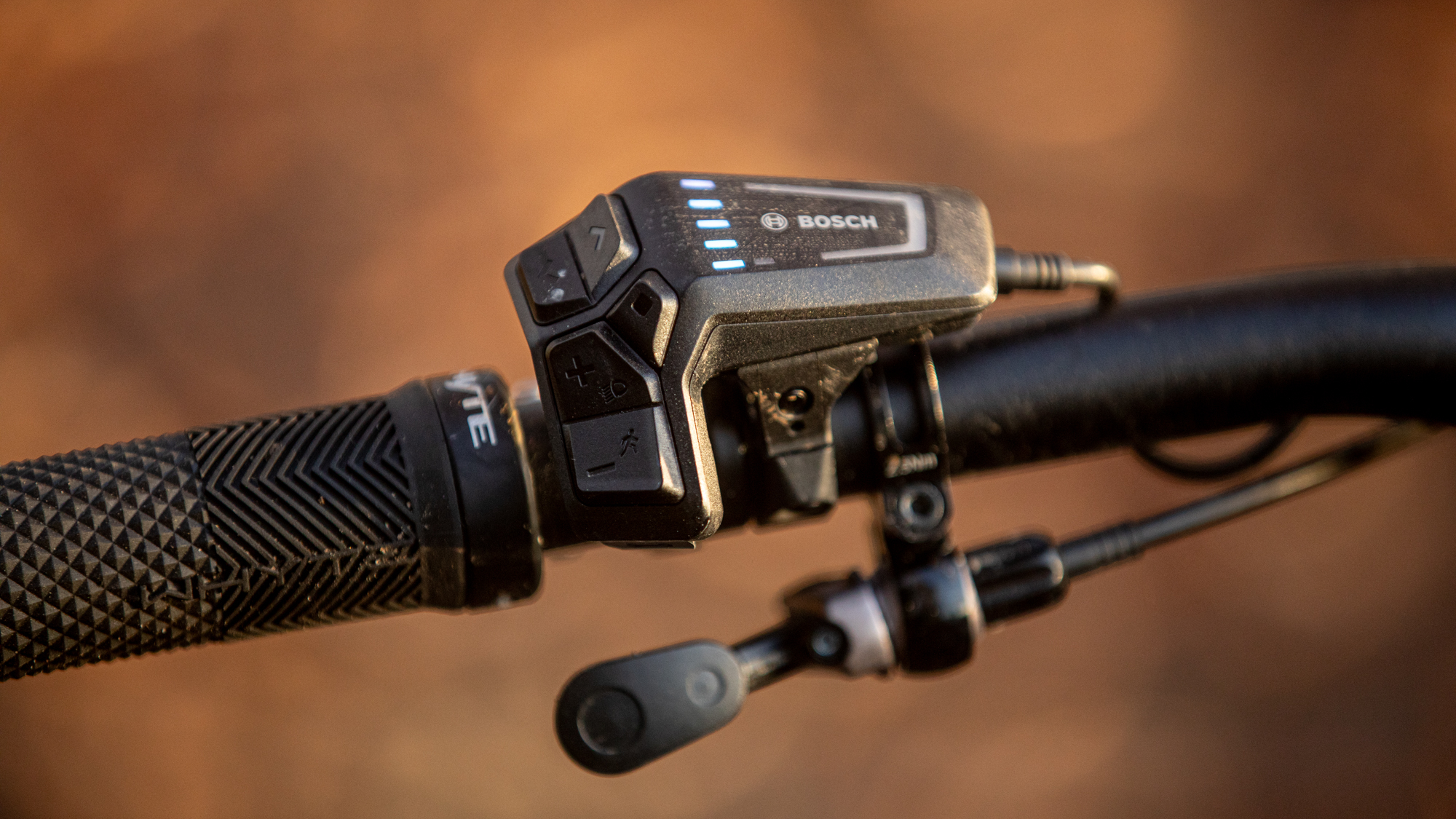
5. Sh*t switchgear
You’ve spent over ten thousand on a state of the art carbon framed e-MTB with wireless gears and suspension that’s directly descended from Formula One tech. But changing modes as you ride is done with a switch that wobbles around like it’s come out of a Kinder egg, or a massive multi-button lump that looks like a toddler toy. Let’s not even start about how even people with Grade 8 saxophone qualifications can’t operate walk mode on most e-MTBs either.
Some manufacturers manage to create miniature screens with brilliant clarity displaying all the data you could possibly want. But others are happy to make you judge your remaining ride time with a ‘traffic light’ ladder display that would have looked dated on a 1980s stereo system. Seriously people, think Apple, not Atari!
6. Dodgy data
I know we’re used to bike and kit manufacturers massaging weight numbers to suit their marketing – the claimed Lumen and run time figures for bike lights are often pure theoretical fantasy. But now e–MTBs have added a whole extra level of being ‘economical with the truth’. Try drag racing all the ‘50Nm’ motors (or ’85-90Nm’ for that matter) head to head, and the difference between different brands is huge. Even wattage figures can be massively misleading when you realize that some motors need you to spin the pedals like a freak to unlock them. There’s only one company – hat tip to Whyte – who have started using the genuinely useful ‘battery density’ figures that are becoming a key performance indicator on electric cars too.
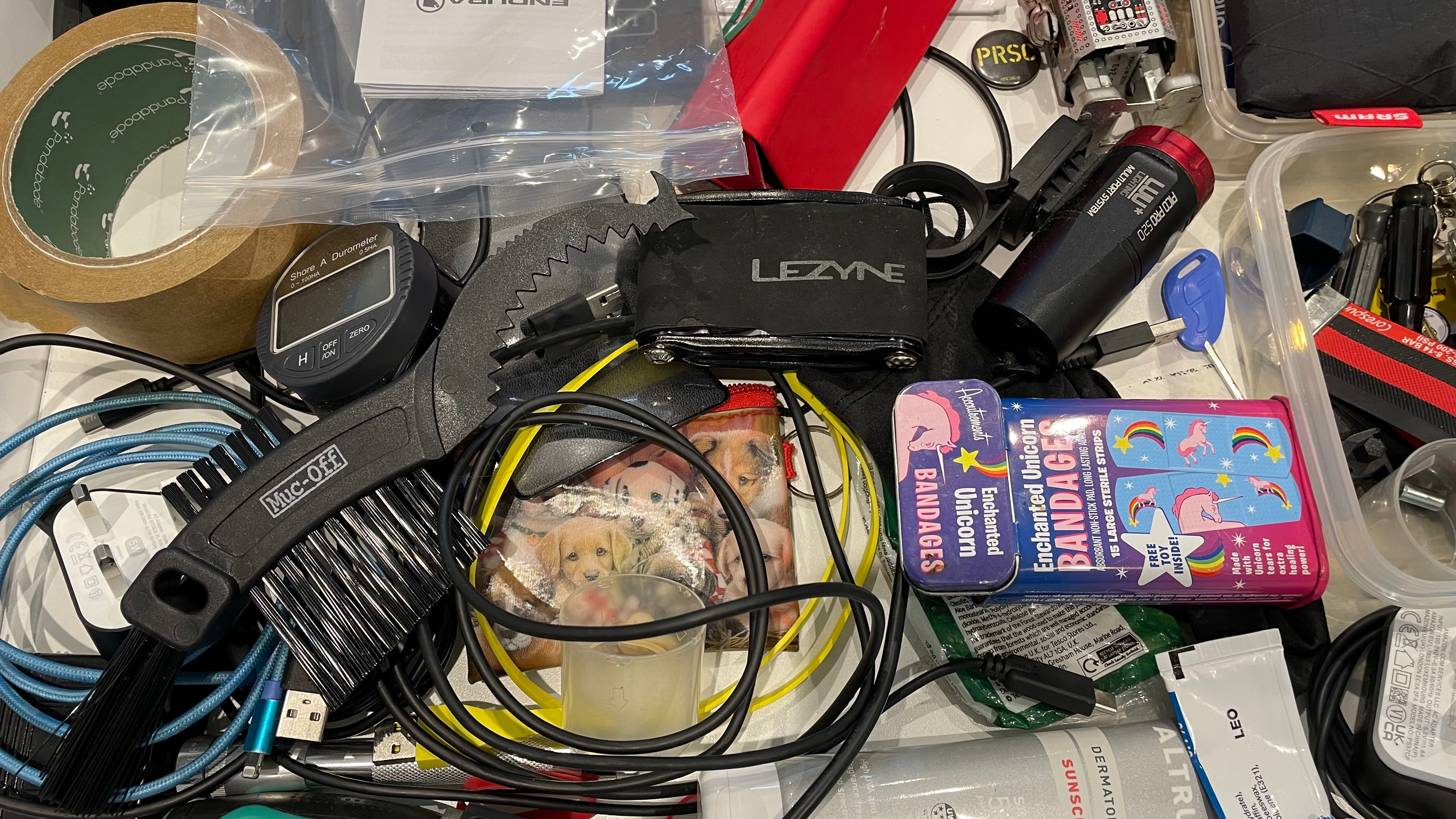
7. Hidden horrors
Think of this as that drawer in the kitchen/workshop that you just chuck all the random stuff into and which is now a rat's nest mess of cables, dodgy connectors and sharp things waiting to do you serious damage if you’re not concentrating. Now transfer that kind of vibe to the internal wiring and connector workings of most e–MTBs, adding an extra layer of hell for any design that routes controls through the headset and/or handlebars. Seriously, whether you’re blueprinting or doing the factory QC, can brands please try and tidy things up so not every service costs several hundred quid in ruined wiring or the workshop time taken to unravel and then re–install it?
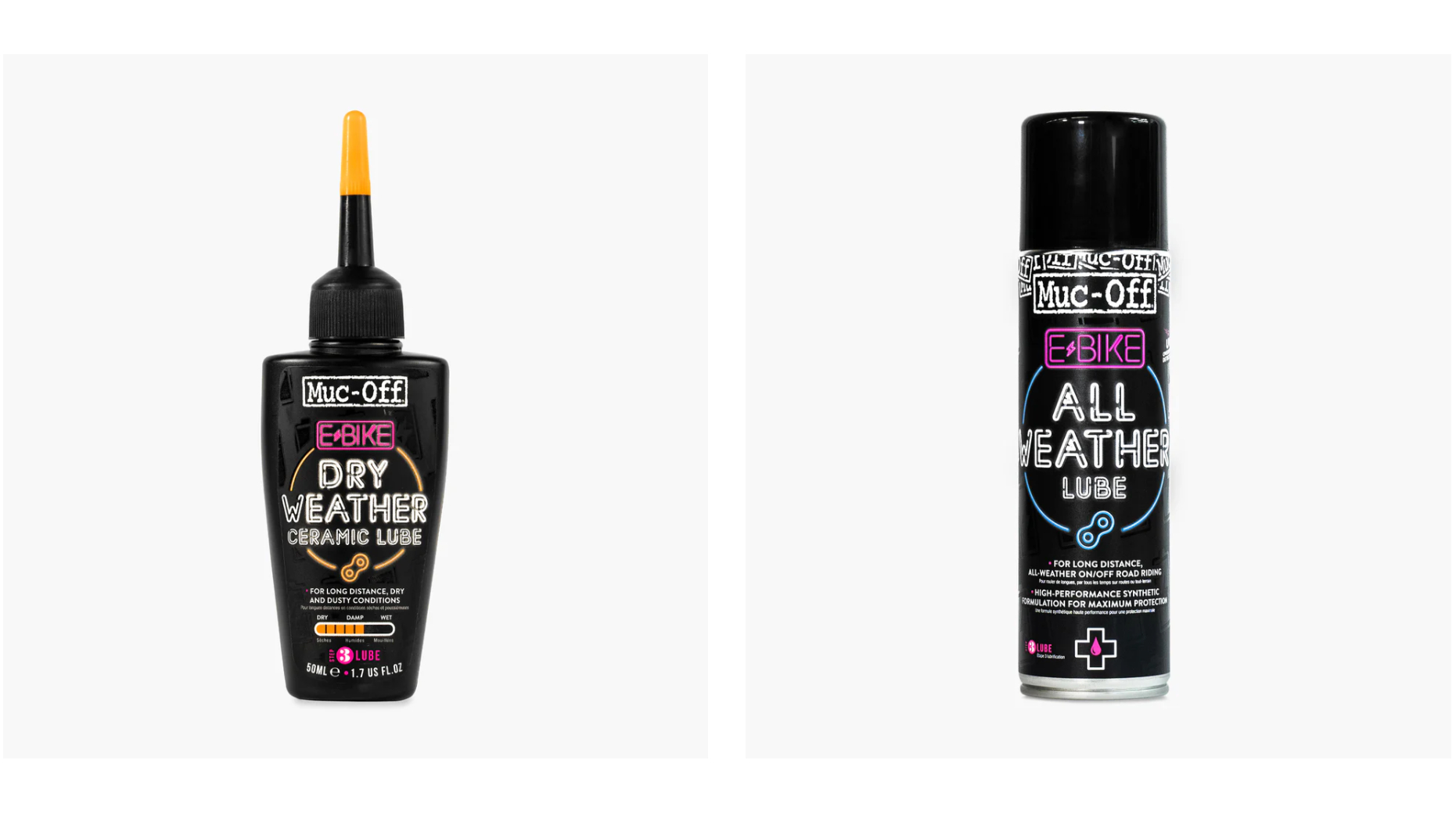
8. E-bike-specific nonsense
Stiffer forks? Fine. Tougher tires? Totally allowable. Wheels with hench rims, heavy duty spokes and hubs designed to handle extra horsepower? Absolutely yes. Oversized brake rotors and even handlebars with wiring ports? Yes, they all qualify for a legitimate 'e–MTB approved' sticker.
Specially shaped saddles for sitting more upright are definitely a stretch though. And once I see ‘e-bike specific lubes, cleaners, grips and other gear, that’s just battery-assisted bandwagoning bullsh*t.
The biggest irony about all the fake news e–MTB components? Genuinely useful e–MTB ideas like extra tough transmissions like Shimano LinkGlide, single gear shifters, or reduced gear drivetrains from SRAM have been almost entirely ignored by bike builders. Even the Auto Shift systems from Shimano and SRAM that are specifically designed to stop people grinding round in bad ratios or exploding chains and killing cassettes, mechs and shifters by changing gear at the worst possible moment seem to be getting zero traction.
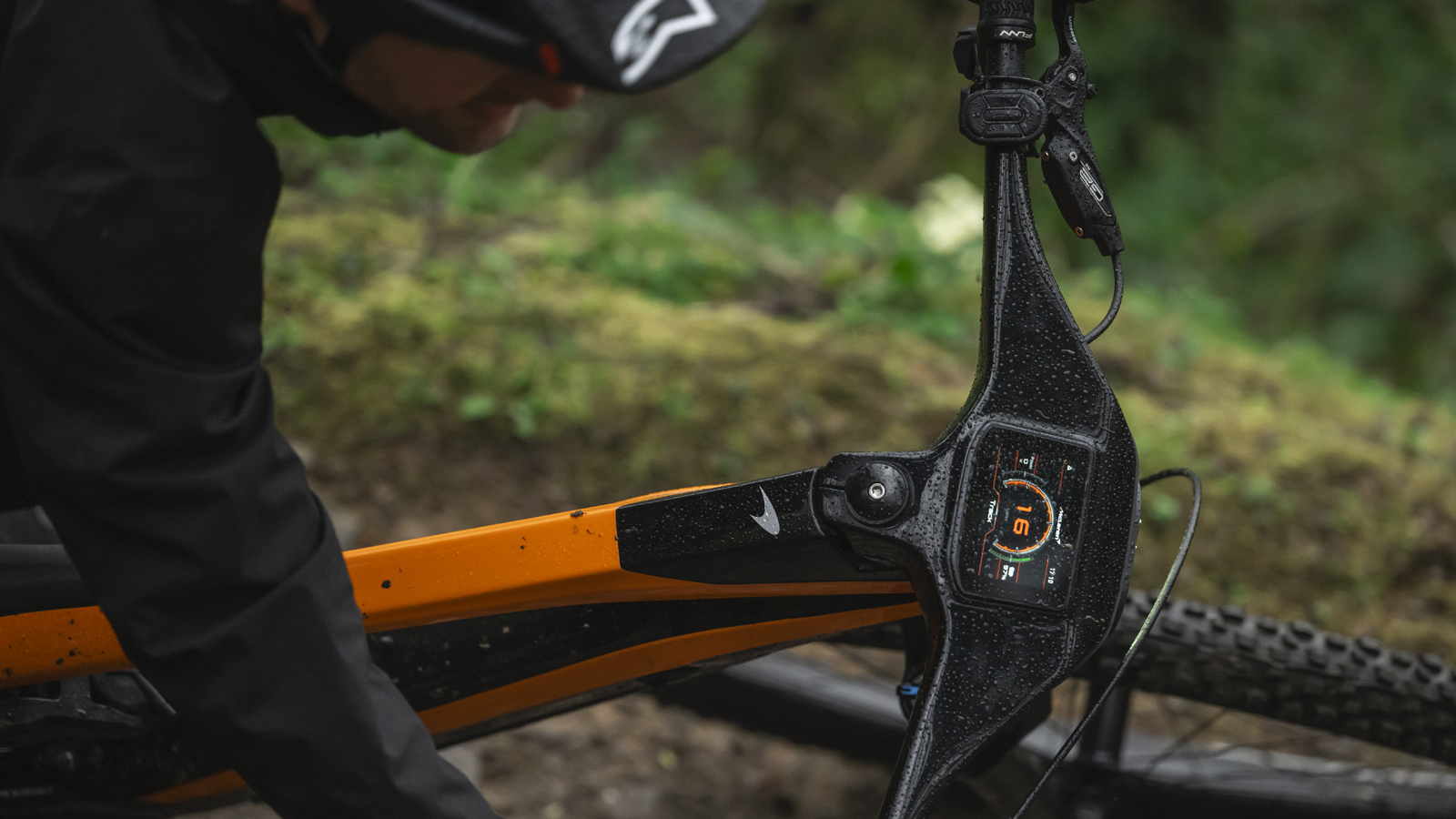
9. Awful car brand bikes
You might be brilliant at motorbikes, everlasting Gran Tourismo SUVs or supercars, but that doesn’t mean you can make an e-MTB that looks half decent or isn’t saddled with ‘features’ that’ll be guaranteed fails off-road. Not sure what I mean? Check out the recent Honda concept bike or the hammerheaded e-mess McLaren stuck their name on last week and all will be awkwardly revealed.
10. Sustainability?
I hope you’ve scrolled this far, because I’ve saved the worst thing about the whole e–MTB business until last. The sustainability aspect of frames, motors and batteries is appalling. Part of this comes from the lack of cross-compatibility I talked about earlier, which makes the whole system inefficient and laced with built-in obsolescence from the start. Not just obsolescence, but also locking down fair competition from other aftermarket brands too. More worrying long term, there’s the complete lack of any recycling schemes for batteries, which means they’re all heading straight to landfill. That's not a good look for an industry that already carries a lot of misplaced smugness when it comes to being the green transport option.
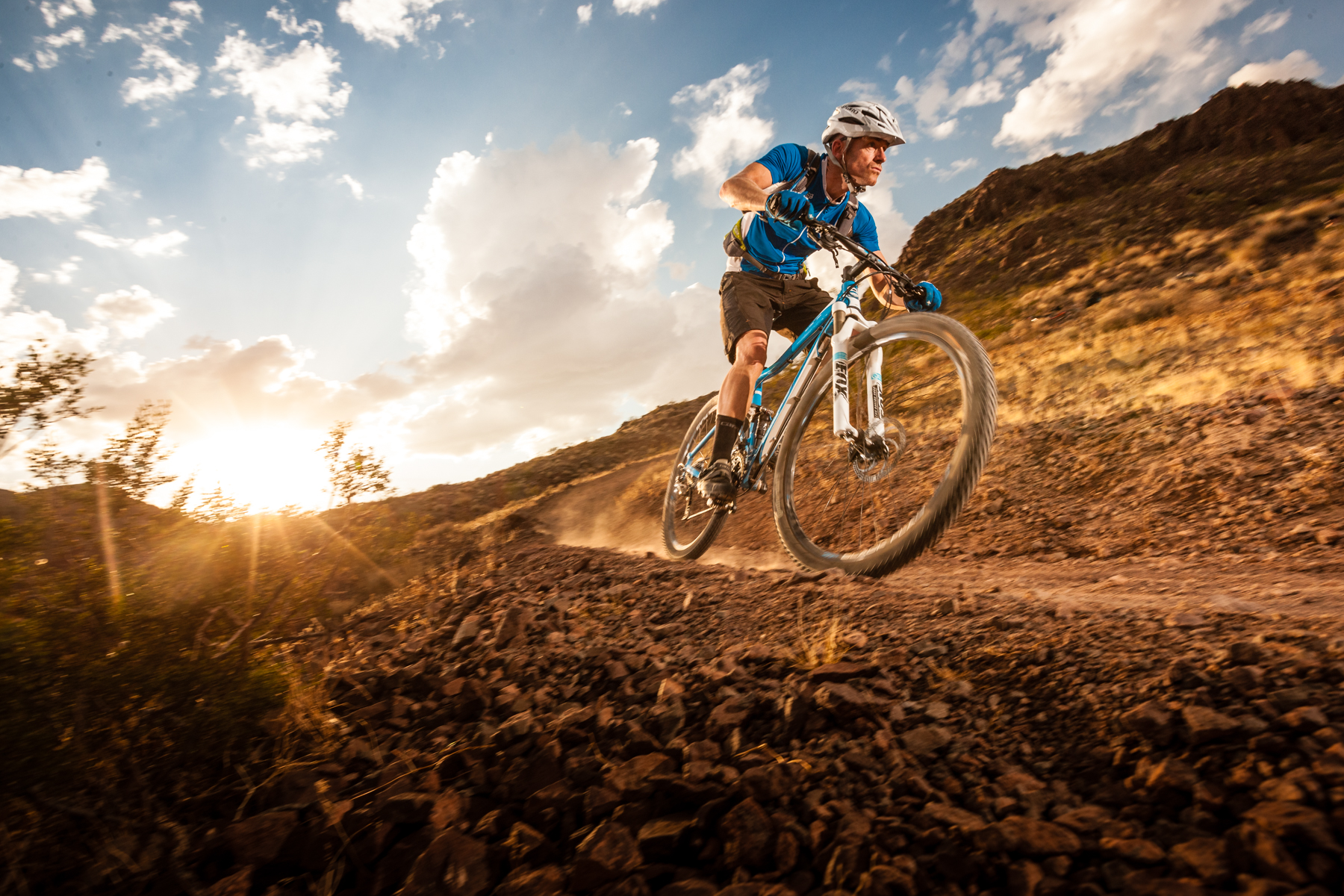
Guy Kesteven has been working on Bike Perfect since its launch in 2019. He started writing and testing for bike mags in 1996. Since then he’s written several million words about several thousand test bikes and a ridiculous amount of riding gear. He’s also penned a handful of bike-related books and he reviews MTBs over on YouTube.
Current rides: Cervelo ZFS-5, Specialized Chisel, custom Nicolai enduro tandem, Landescape/Swallow custom gravel tandem
Height: 180cm
Weight: 69kg
- Rich OwenEditor, BikePerfect
